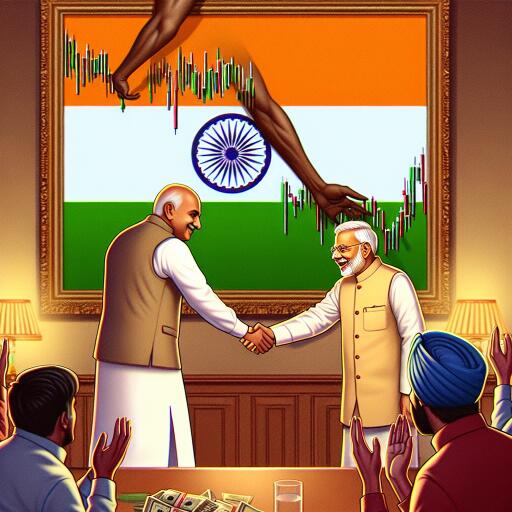Sri Lankan President Wickremesinghe conveys gratitude to India for help during economic crisis
In a significant gesture of international camaraderie, Sri Lankan President Ranil Wickremesinghe has expressed heartfelt thanks to India for the latter’s lending hand during Sri Lanka’s economic turmoil. In a moment of reflection on the country’s recent hardships, Wickremesinghe acknowledged India’s considerable financial assistance at the 31st All India Partners’ Meet 2024 in Colombo, organized by KPMG in India.
“Having now survived two difficult years, I must acknowledge that this was possible because India gave us a loan of $3.5 billion,” stated Wickremesinghe during the meeting. This financial aid was a lifeline for the island nation, enabling it to navigate through its economic constraints.
The Sri Lankan President did not just stop at expressing gratitude; he also underscored the importance of further bolstering the relations between the two nations. “India is on our agenda. Last week in Delhi, I discussed the need to accelerate the joint programmes with Prime Minister Modi that we have decided, and agreed on,” Wickremesinghe revealed. This dialogue highlights a mutual commitment to enhancing bilateral cooperation across various domains.
Wickremesinghe’s vision for Sri Lanka involves a comprehensive economic transformation geared towards creating a competitive, digitalized, green, and export-oriented economy. He outlined the government’s plan to implement policies that will not only attract foreign investment but will also improve the country’s export earnings and reduce multi-dimensional poverty.
A significant area of collaborative focus with India, as pointed out by Wickremesinghe, is the development of energy projects, particularly in the northern region of Sri Lanka. This area, which has borne the brunt of three decades of conflict, is ripe for rejuvenation through strategic partnerships and investments.
To facilitate global trade and enhance productivity, the President announced the creation of an International Trade Office and a National Productivity Commission. These initiatives are part of a broader strategy to bolster Sri Lanka’s position on the global stage.
Understanding the challenge posed by policy inconsistency, Wickremesinghe assured the introduction of stable policies. “Traditionally, policies in Sri Lanka have been subject to change with each new government. To address this, we have drafted the Economic Transformation Bill, currently undergoing pre-legitative scrutiny in Parliament and the courts,” he informed. Moreover, the formation of new bodies such as the Economic Commission, transitioning from the Board of Investments (BOI), signals a move towards institutional reforms aimed at driving investment.
The 31st All India Partners Meet hosted by KPMG in India served as a pivotal gathering, drawing about 600 Indian partners. Spanning from June 20-22, this annual meeting underscored the firm’s role in promoting investments and facilitating business operations between India and several other nations.
KPMG in India is involved in a plethora of flagship projects not only within Indian borders but also internationally. These projects cover an array of sectors including tourism, agriculture, health, skilling, and public finance management. Such initiatives are emblematic of the firm’s dedication to fostering economic growth and development through strategic partnerships.
The collaboration between India and Sri Lanka, nurtured through financial assistance and strategic partnerships, paints a hopeful scenario of mutual development and prosperity. As both nations continue to engage on various fronts, the shared vision for economic transformation and regional development remains a beacon of regional cooperation.
